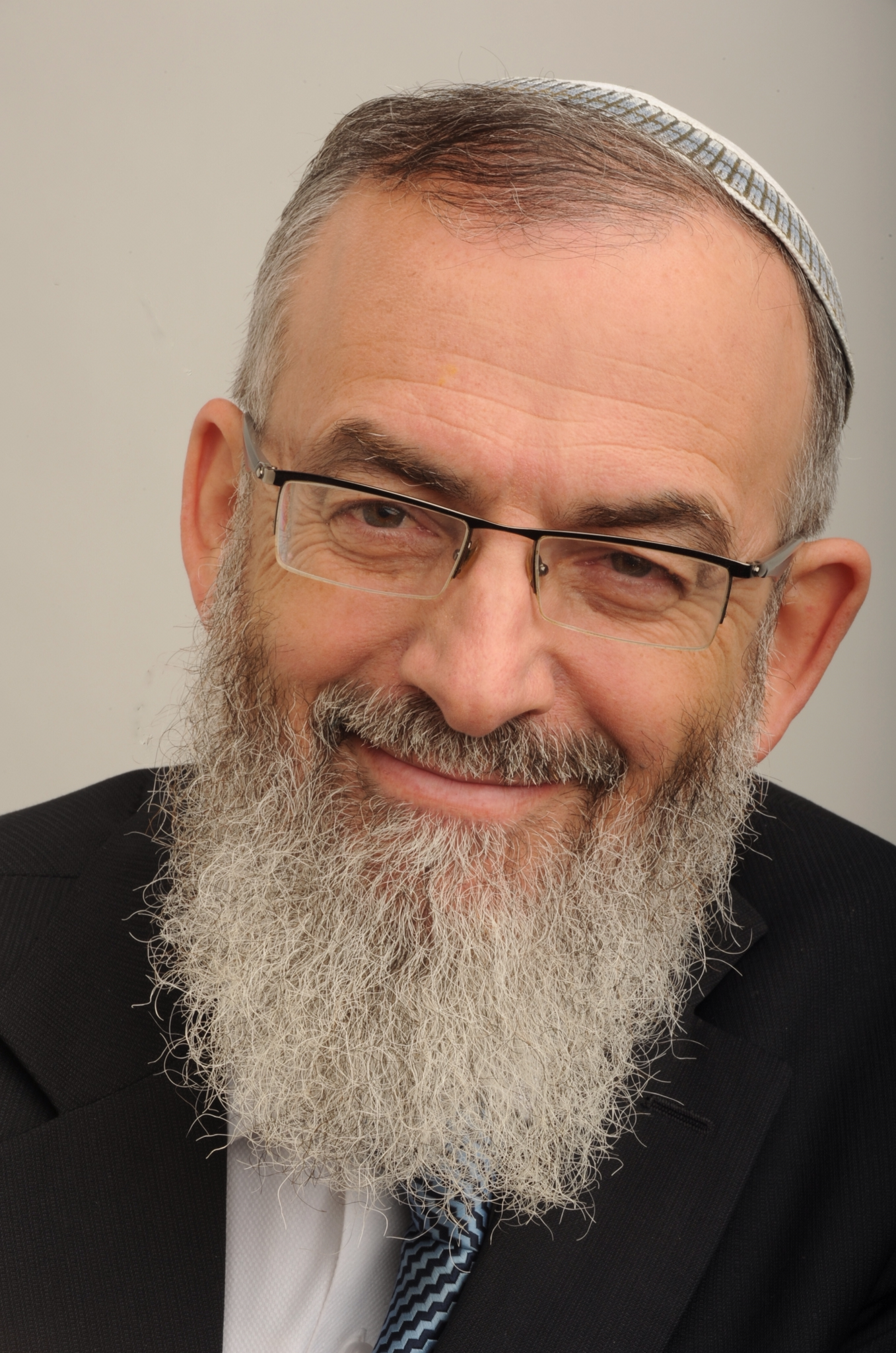
Israel

Religious Zionism – where to from here?
Perhaps one of the most important messages inherent in the teshuva (repentance) process that reaches its heights during the period of Rosh Hashanah and Yom Kippur is the concept of change and realisation of a specific vision. Within that theme, we always need to ask what happens when that vision is achieved, when our goals have been realised? What’s the next step? Is there a next step?
I welcome the chance to address that question, which has personal and communal ramifications, through the perspective of a cause that’s deeply close to my heart and my life’s work – religious Zionism.
There are some who might suggest that in essence, perhaps we have achieved the goal for which the modern movement was founded – a Jewish state ready and willing to accept Jews from around the world and a place where Jews can freely and proudly celebrate their faith.
But the truth is that the founding of the state was only the beginning of the challenge. The far greater goal is to ensure that Torah values be infused in all aspects of the state’s existence; in the military, in culture, politics, and countless other public and private realms.
Here, too, we can state with satisfaction that we’re succeeding. The Israel Defense Forces has religious officers serving at the highest levels. Within the justice system, there’s a similarly large representation of members of the religious Zionist community. In business and education, our impact far exceeds our percentage of the overall population. Religious artists, singers, and journalists prove that culture can thrive alongside Torah values with figures like Chanan Ben Ari, Amit Segal, and Rabbi Chaim Sabato serving as just a small representation of this increasingly prevalent trend.
But amidst those successes, we would be ignorant if we failed to recognise a distinct bitterness that prevails within our community that we remain increasingly divided politically. Political division literally continues to divide the Torah world, and pits its public leaders against one another. In this sense, it would seem that as successful and impactful as we have become in those other walks of life, when it comes to presenting a proud and unified voice reflecting our values on issues of public policy and governance, we’re failing.
My fear is that there are those who advocate the claim that “our work is done” when it comes to public advocacy. Our advocacy was to create the state and apparently in this regard, we have succeeded. Perhaps there is some legitimacy to such an argument, but I would certainly suggest an altogether different direction that’s based on two key principles.
The first is that religious Zionism doesn’t exist in a social laboratory of its own. We’re part of a greater Israeli society, and we need to remain concerned for its future and, for that matter, for the future and welfare of all global Jewry. We need to recognise that challenges like assimilation and the dilution of Jewish identity in Israel and across the diaspora are issues that must disturb us deeply.
The second principle is the appreciation that we have a particularly unique role and responsibility to work towards developing a society and nation that’s built upon ethics, morality, and a code of justice. Though Theodor Herzl’s vision was largely to create a land which would serve as a haven for Jews, religious Zionism advocated taking that vision to a far broader level. That new land wouldn’t just be a geographic safe house but also the modern realisation of the ancient prophecy of a return to a place where justice, compassion, and morality would make us a light unto the nations.
Our political divisiveness proves that we’re certainly not where we need to be in achieving that element of the religious Zionist vision. Certainly political debate can and should exist in addressing practical issues surrounding matters like security, economy, and the like. But we need to return to a place where we as religious Zionists have a common voice when it comes to the more fundamental issues of morality and identity. I would humbly say that our community must become leaders in advocating unity which will in turn carry over to other segments of society.
In absence of success in those areas – and we’re forced to admit that we remain a long way away from true success – we’re unable even to begin to contend that our vision has been achieved. Just the opposite. The need for a strong and passionate religious Zionist voice is more critical than ever.
- Rabbi David Stav is the founder and chairperson of Tzohar Rabbinical Organization in Israel.










